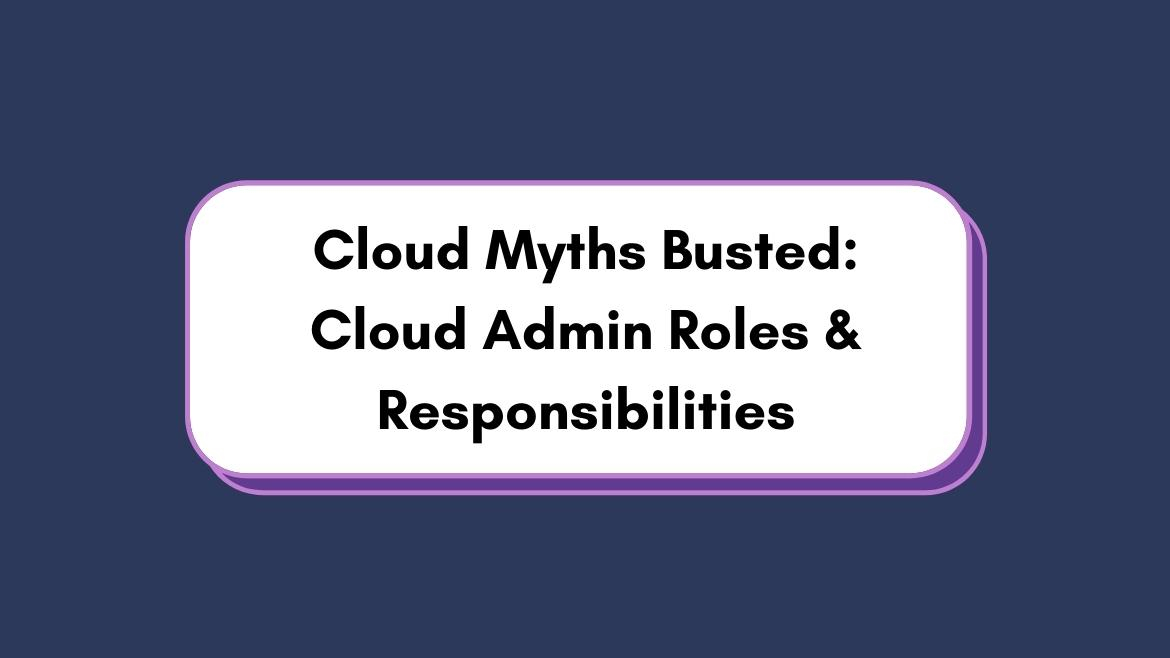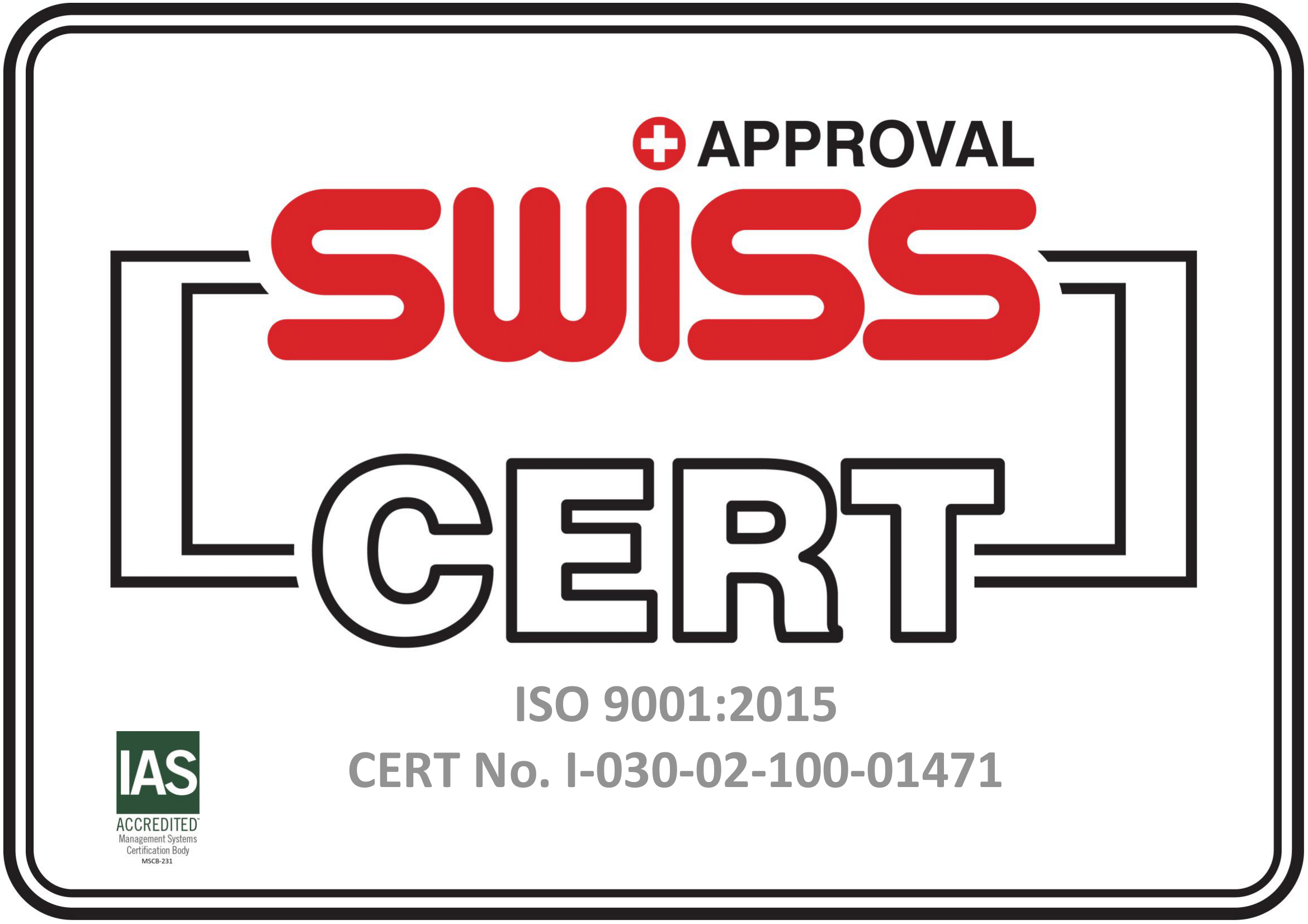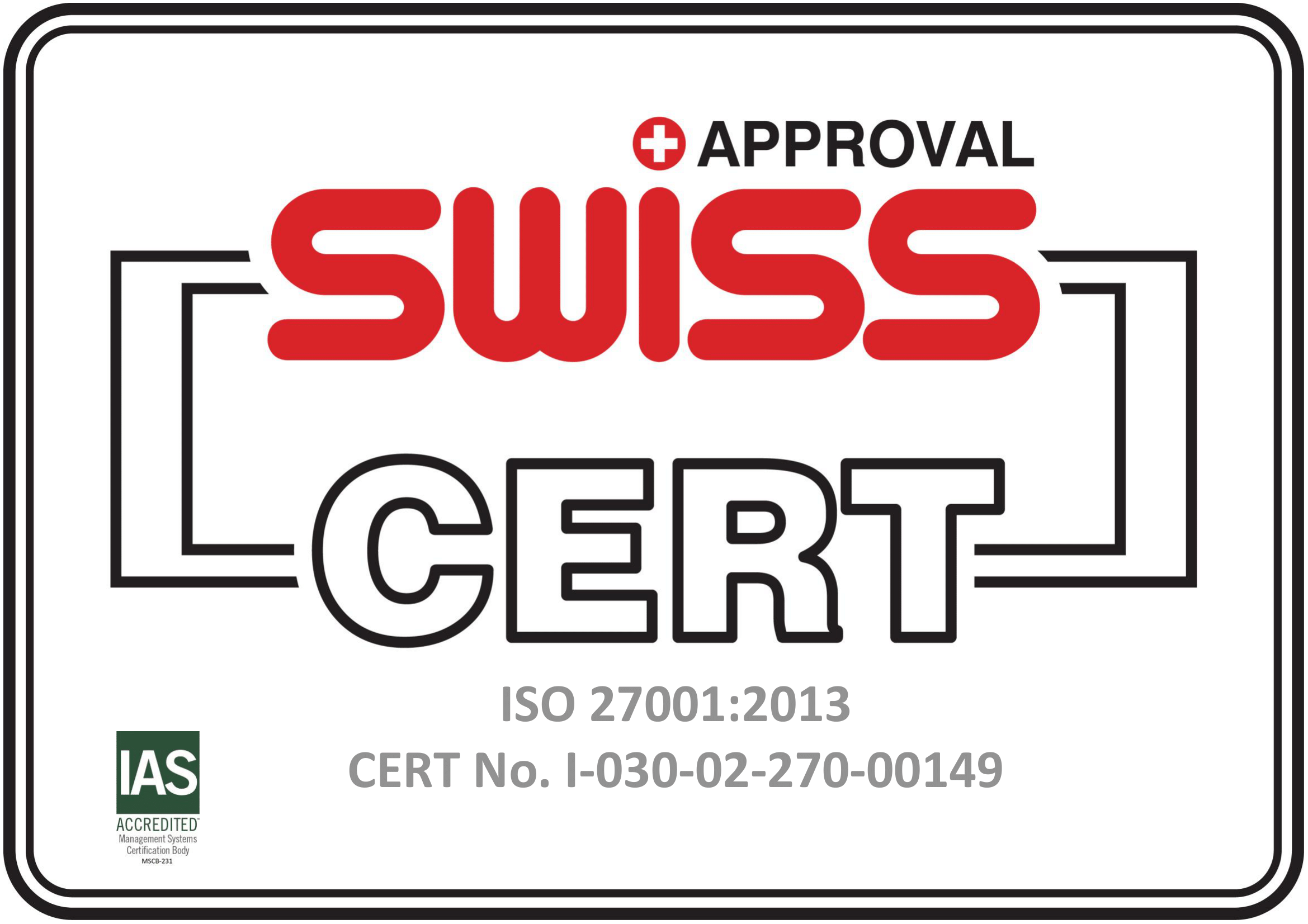Busting myths around admin roles and responsibilities in the cloud

One of the most common concerns admins express when they’re thinking about a move from on-premise to cloud is this: What happens to my job when we move to the cloud?
Hosting your tools on-prem means your team—and only your team—has full control over everything from release timing to security to app customisation. And while that probably means more work for you, it may also give you a sense of comfort. Moving to the cloud, on the other hand, requires offloading some responsibilities. Trusting someone else to prioritise security, minimize downtime, release updates, and keep the systems that make you look good (or bad) to your boss running smoothly.
So, is it worth it? Does a move to the cloud really take control out of your hands? And is that a bad thing—or actually a really good thing?
MYTH - If I give up control, it’ll lead to chaos—and create more work for me.
First, it’s important to remember that trusting a vendor with a proven track record isn’t the same as giving up all control. Just like you trust friends and colleagues to take on specific tasks they’re good at, a move to the cloud means trusting your vendor to handle the tasks they’re best at.
Atlassian is a vendor you can trust with your uptime, data security and tool updates. It has spent the last decade investing in cloud products to deliver the most secure cloud experience possible.
Ultimately, passing off some responsibilities to your vendor means less unnecessary work for you and your team—not more—which frees you up to focus on other things, like strategy and business improvements. Not to mention that it usually comes with a hefty amount of savings that can make you look very good to your boss.
MYTH - If we move to cloud, my role is kaput.
With cloud, a system admin’s job is definitely going to change. But the truth is that that’s a good thing. Learning how to manage the cloud is important today, and it’s going to be essential tomorrow if both you and the business you work for want to stay competitive. The faster you embrace cloud, the more relevant your skillset will stay.
In fact, 93% of companies already have a multi-cloud strategy and 61% are focusing on cloud migration in the coming year, according to one 2020 report. Gaining skills in cloud management and migration is about keeping your skillset relevant—for your current job and any future aspirations.
A move to the cloud also frees up your time. With a vendor like Atlassian taking on updates, security, fixes, and uptime, you can focus on the big picture—be more strategic, creative, and hands-on in business improvements. New focus areas might include:
· Uncovering adoption trends and security gaps
· Researching and recommending new apps/integrations to better support
team workflows and improve productivity
· Helping cut costs by managing software ownership and staying ahead of
shadow IT practices
· Finding new ways to automate internal workflows and processes to
improve team speed and productivity
· Developing strategic relationships with vendors and gaining a deeper
understanding of their tools
Ultimately, what these tasks have in common is that they’re proactive instead of reactive, moving your business forward instead of simply holding steady.
So, are you ready to make the move? We at Nimaworks, are here to answer all your concerns around admin roles and responsibilities in the cloud and help you make the move. Let's talk.






